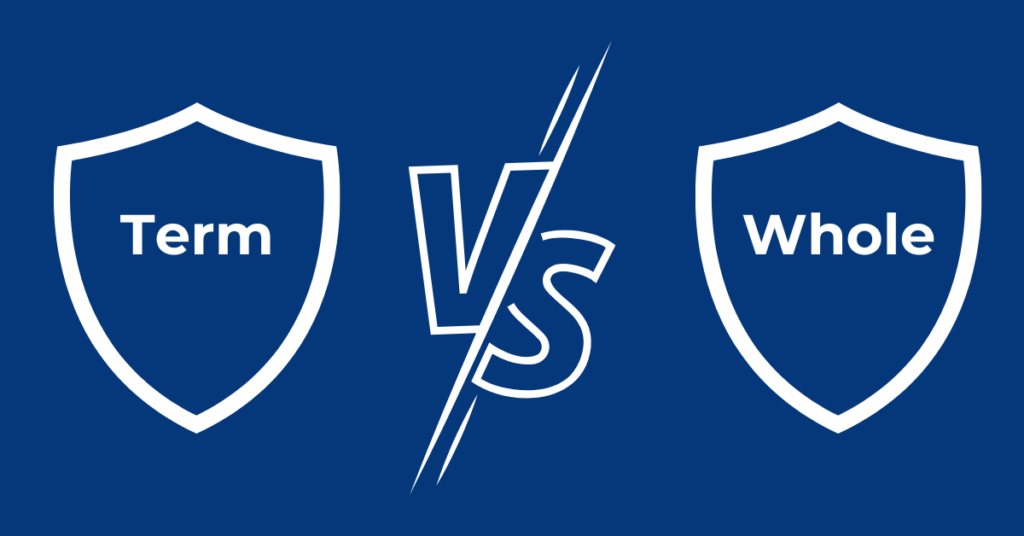Choosing between term and whole life insurance can be a daunting task. Both have their advantages, but understanding the underlying principles can help you make a more informed decision. This article dives into the often-debated topic of term vs whole life insurance, ultimately suggesting a term life insurance plus investing approach.
Understanding Term Life Insurance
Term life insurance is a policy designed to protect your income should something unexpected occur. This type of life insurance, which tends to be cheaper than whole life insurance, provides coverage for a specific period (the ‘term’). If you pass away within this term, your beneficiaries receive the death benefit.
For instance, at age 30, consider a 30-year term life insurance policy costing $30 per month with a $500k death benefit. The goal is simple: both you and the insurer bet on you outliving the term. You’re meant to outlive the policy, not collect it as it protects your “working income”.
The Misconception of Whole Life Insurance
Whole life insurance, on the other hand, is a form of permanent life insurance that guarantees a death benefit to your beneficiaries and builds cash value over time. Sounds like a better deal, right? Well, not so fast.
The same $500k death benefit under a whole life insurance policy – on average – costs you around $359 per month. That’s a significant difference compared to term life insurance.
The Power of Investing the Difference
Here’s where the term life insurance plus investing approach comes in. Instead of spending the extra $329 on a whole life policy, why not invest that money? Whether you choose the S&P 500, a mutual fund, or a Roth IRA, the historical average 9% annual return could leave you with $538k in savings after 30 years. That’s $38k more than your original death benefit, even after factoring in the $11k you spent on the term life insurance policy you’re still $28k ahead.
The Truth About Whole Life Insurance’s Cash Value
You might argue, “But my whole life insurance has a cash value.” True, it does. However, the insurer will absorb this cash value upon your death in 99% of the cases since the maturity age of said cash value is set to age 120, leaving your beneficiaries with only the death benefit. And even if your beneficiaries could collect this cash value, the return rate on whole life insurance policies is typically low, making it less attractive.
Yes, you can borrow against your policy. However, keep in mind that anything you borrow will be deducted from the death benefit if not repaid before your death.
The Unique Benefit of Whole Life Insurance
We often get asked why so many wealthy individuals choose whole life insurance. The primary benefit of whole life insurance is the tax-free transfer of wealth. It becomes a part of their estate strategy. However, this strategy is typically only considered for estates exceeding $5 million and is mainly used for pure wealth transfer, not growth.
The Long-Term Benefit of Term Life Insurance Plus Investing
Let’s extend this scenario to the average life expectancy in the US, which is 78.79 years, or rounded up, 79 years. If you continue investing the difference for another 19 years, your savings balloon to an impressive $2.9 million.
The bottom line is this: Term life insurance, when combined with a robust investment strategy, often provides a greater potential return than whole life insurance, and at a fraction of the cost.
While whole life insurance has its place, particularly for high-value estates and specific tax strategies, the majority of people, including military members and veterans, can potentially benefit more from the flexibility and affordability of term life insurance, coupled with disciplined investing.
Remember, the choice between term and whole life insurance depends on your personal circumstances, financial goals, and risk tolerance. Always consult with a financial advisor or insurance professional to understand the best option for you.

